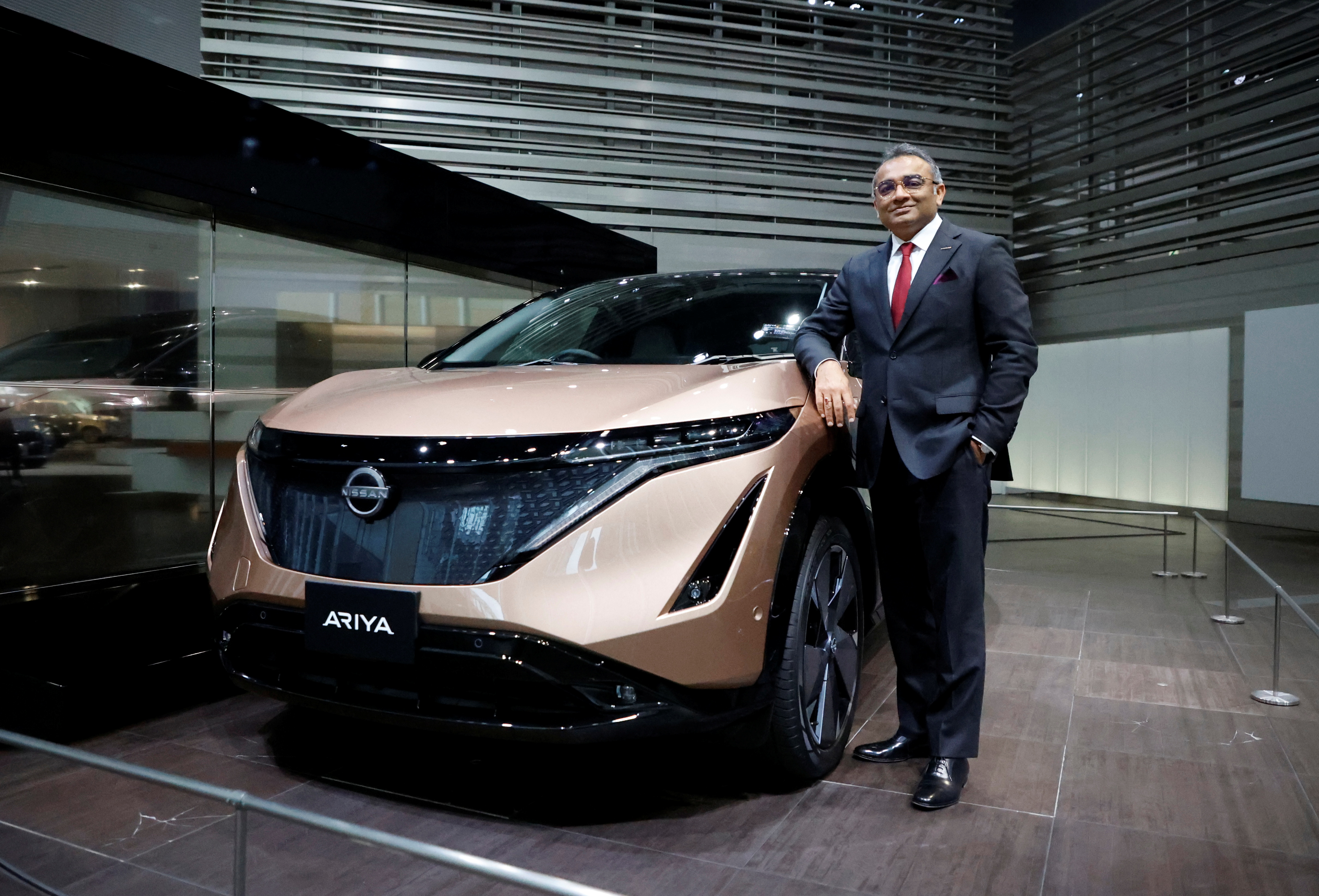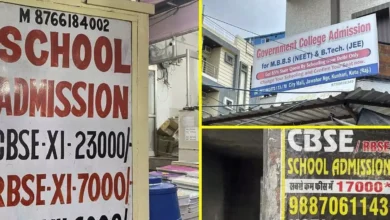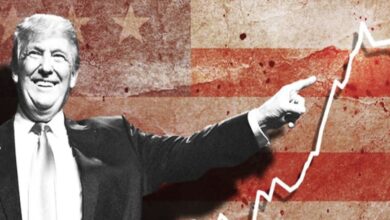Nissan’s Surveillance Investigation, The Surprising Japanese Law, Cameras Installed at Executive Ashwani Gupta’s Home!
Nissan installed a camera surveillance system at the home of former executive Ashwani Gupta so the automaker's internal security team could monitor him, according to the preliminary findings of an investigation into the surveillance.

The preliminary findings of an investigation into Nissan’s internal surveillance practices have revealed that the company installed a camera surveillance system at the residence of former executive Ashwani Gupta.
According to sources familiar with the report, the purpose was to allow Nissan’s internal security team to monitor Gupta.
This investigation stems from claims that Nissan’s CEO, Makoto Uchida, engaged in surveillance activities to gain leverage and remove Gupta from the company due to his opposition to certain terms in a new partnership deal with Renault.
Nissan’s board of directors was presented with the preliminary findings of the investigation during a meeting at the company’s Yokohama headquarters on June 20. The report, conducted by U.S. law firm Davis Polk & Wardwell, revealed that Nissan had installed two sets of security cameras at the entrance of Gupta’s house in Tokyo’s Shibuya ward.

According to sources, the first camera system was intended for use by a private security firm, while the second system provided access for Nissan’s internal security team to monitor Gupta’s activities. The preliminary report did not specify whether the use of surveillance cameras by Nissan was legal, nor did it indicate whether Gupta was informed about the monitoring.
The preliminary findings have not disclosed the exact timing of the camera installation and the identity of the private security company. Uchida and Gupta, who was still a Nissan director and chief operating officer at the time of the board meeting, were excluded from the discussions. A final report on the investigation, initiated at the request of Nissan’s independent directors in late May, is expected to be completed as early as July.
Nissan declined to comment on ongoing investigations and did not make the executives available for comment. Davis Polk & Wardwell, the law firm conducting the investigation, did not respond to requests for comment.

The Surprising Japanese Law – Nissan
Under Japanese law, companies have the right to monitor communications on corporate devices and investigate employee conduct outside of work to protect their business interests, said Akira Takeuchi, a lawyer and certified fraud examiner in Tokyo, emphasising he was speaking in general and not about Nissan.
However, the preliminary findings presented to the board did not offer a conclusion regarding senior adviser Hari Nada’s claim that Uchida played a role in the surveillance activities.
Earlier this month, Nissan announced that Ashwani Gupta, aged 52, would leave the company on June 27 to pursue other opportunities, coinciding with the automaker’s annual shareholder meeting.
In May, Nissan had already stated that Gupta, who had served as a chief operating officer since 2019 and was considered a potential successor to Uchida, would not be reappointed to the board. Gupta’s departure follows allegations of misconduct, specifically related to harassment by a female employee.
Hari Nada, a senior adviser at Nissan, revealed in an April letter that the company had investigated allegations against Gupta’s conduct during the week of April 10, resulting in a request for his resignation.
Three individuals familiar with the matter confirmed that the allegations pertained to harassment. In the same letter, Nada called for an international law firm to investigate the surveillance conducted on Gupta and to examine the circumstances surrounding the internal investigation, including the role and involvement of CEO Makoto Uchida.
In a report presented to the board, Davis Polk & Wardwell, the U.S. law firm appointed to investigate the surveillance claims, informed Nissan directors that the company’s audit committee had seemingly exercised its investigative authority in an arbitrary manner when addressing the complaint against Gupta, according to sources.
The New Board
Another report presented to the board focused on the narrower question of whether the audit committee’s actions were lawful. Japanese law firm Iwata Godo found no evidence of illegal conduct by the committee or its head, Motoo Nagai.
Nagai, who was recused from the recent meeting discussing the surveillance and harassment allegations, was not made available for comment by Nissan. Iwata Godo did not respond to requests for comment. It remains unclear whether either law firm made specific findings regarding the harassment claim itself, beyond examining the handling of the allegation. According to Nada’s letter, Japanese law firm Anderson Mori & Tomotsune had been involved in investigating the harassment claim.
In February, Nissan and Renault announced a new partnership agreement, stipulating that Nissan would acquire up to 15% of Renault’s electric vehicle unit as Renault reduced its 43% stake in Nissan. Senior executives at Renault had reportedly viewed Gupta as a hindrance to the completion of the alliance, suggesting that he had been slowing down or impeding progress, as per a source knowledgeable about Renault’s position.
During a recent shareholder meeting, Nissan elected ten directors to the board, including Makoto Uchida. Ashwani Gupta attended the meeting, which marked his last day with the company. When a shareholder inquired about Gupta’s perspective on his time with Nissan, Uchida responded on his behalf, acknowledging Gupta’s significant contributions to projects such as the automaker’s strategic plan.
The Last Bit, Nissan’s investigation into surveillance practices has unveiled the presence of camera surveillance at the home of former executive Ashwani Gupta. The company’s preliminary findings have raised questions about the legality and awareness of the monitoring.
The final report, expected in the coming months, will provide further clarity on the situation. These revelations come amidst Gupta’s recent departure from Nissan, along with ongoing discussions about the new partnership deal with Renault. The outcome of the investigation will likely impact the reputation and internal dynamics of Nissan’s leadership team.




